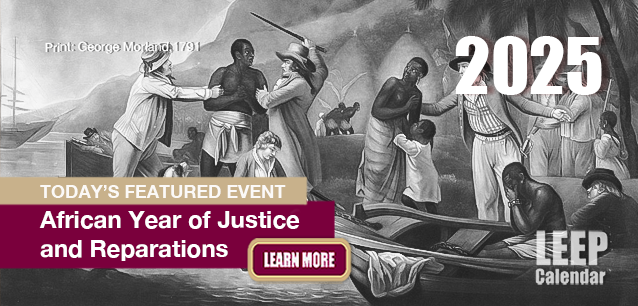 AD
AD
Today is: June 30
Scroll to explore events active on this date.
Additional Events on LEEP
LEEP INK FEATURES

May Blooms: Events in May 2025
Along with October, May is one of the most densely packed months of the year. It's before the summer humidity and the last whole month of the school year. The weather is warming in t...

Sweet June 2025
The solstice on the 20th marks the onset of summer (Northern Hemisphere) or winter (Southern Hemisphere). Many people, particularly in Europe, North America and Asia, will be embarking o...

Events in April 2025
Spring has sprung in the north, and the first hints of Autumn are on the horizon in the south. April is the month spring (or fall) gets underway, and it is filled with religious celebrations, including the Mu...
About National Mule Days
Culture & Art , Festivals & Fairs
United States
Ends: Apr 06, 2025
DESCRIPTION:
Mule Days originated in 1840 in Columbia, Tennessee. At the time, it was known as Breeders Day.
In times past, Mule Days would be a market for trading, breeding, and buying stock. In modern times it is a week-long festival in Columbia.
Mules are hybrids, half donkey and half horse. The mother is usually a horse, and the father is typically a donkey, also known as a jack. Mules cannot reproduce. The first US-bred mules are believed to have originated with General George Washington.
Mules were much more suited to the rough terrain and conditions of the expanding country. Unlike horses, they didn’t require grain, were less prone to injuries and overeating, and lived longer. Because their hooves are smaller and more upright, mules tend to be much safer and surefooted in rocky and uneven terrain.
VIDEOS
Currently, this event does not have supporting videos.
SUPPORTING DOCUMENTS
Currently, this event does not have supporting documents.
ADDITIONAL IMAGES
Currently, this event does not have supporting images.
Where would you like to go now?
 AD
AD































































/footer-logo.svg)
